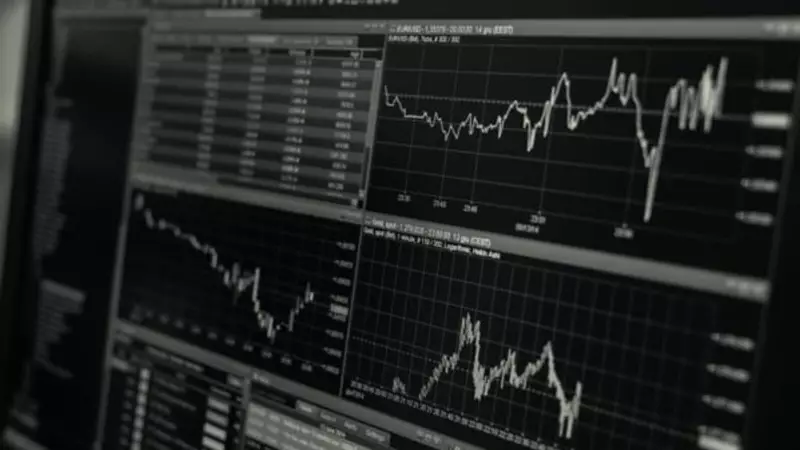
European Pharma Stages a Comeback as Investors Pivot from AI
In a significant market shift this week, European companies developing weight-loss drugs have mounted a strong recovery. This resurgence comes as investors move their money away from high-flying artificial intelligence (AI) stocks and into the more reasonably valued healthcare sector.
Key Stock Performances and Market Drivers
Zealand Pharma A/S spearheaded the rally, with its shares surging an impressive 20% since Monday. This marks its most substantial weekly gain since March 2024, significantly outperforming the broader pan-European Stoxx 600 index. Industry giant Novo Nordisk A/S advanced by 6.8%, while Gubra A/S saw an 18% increase. Despite this positive week, it is crucial to note that all three companies remain down by at least 28% for the year.
Chris Beauchamp, chief market analyst at IG Group, explained the movement, stating that the jump in names like Novo Nordisk, Zealand Pharma, and Gubra is primarily because investors are rotating capital out of expensive tech and AI stocks. He added that since these European firms had fallen behind some of their US peers, part of this rise is a simple case of catching up.
A Challenging Year and Emerging Opportunities
This rebound follows a difficult period for European obesity drug stocks, pressured by intense global competition. Earlier this year, analysts at Goldman Sachs Group Inc. lowered their forecast for the obesity drug market, citing potential price reductions and uncertainties about how long patients continue the treatments. Broader concerns about US drug pricing and tariffs have also weighed on the healthcare sector.
According to David Miller, a portfolio manager at Catalyst Funds, this sell-off created a buying opportunity. He confirmed that the rotation is happening on both sides of the Atlantic, with investors taking profits from the extended AI-driven run in mega-cap tech and reallocating towards sectors like industrials, financials, energy, and healthcare.
Future Catalysts and Strategic Decisions
Analysts at Deutsche Bank AG described maintaining a buy rating on Novo Nordisk this year as one of the more painful experiences of their professional careers. However, they believe the risk-reward profile is now disproportionately positive ahead of several key events in the coming months. These catalysts include the late-stage clinical trial results for semaglutide in treating mild Alzheimer's disease and the US FDA's decision on approving a pill version of the blockbuster obesity medicine, Wegovy.
Sebastien Malafosse, a portfolio manager at Edmond de Rothschild Asset Management, expressed optimism, noting that Novo Nordisk could be the first company to bring an oral GLP-1 drug to the market.
Investors have also rewarded recent signs of strategic restraint in the sector. Novo's shares rose after it decided not to increase its offer for obesity drug developer Metsera Inc. Similarly, Zealand Pharma extended its rally after it announced a pause in the development of its potential next-generation obesity medicine, dapiglutide, deeming the market too crowded for the drug to stand out. Barclays Plc analyst Yihan Li called this a sensible move for the company.
This trend is not confined to Europe. US large-cap pharmaceutical and biotech shares also performed well this week, with Mizuho healthcare specialist Jared Holz noting that the sector's multi-year underperformance and inexpensive valuations make it an attractive option for investors seeking to diversify away from recent high-flyers.





